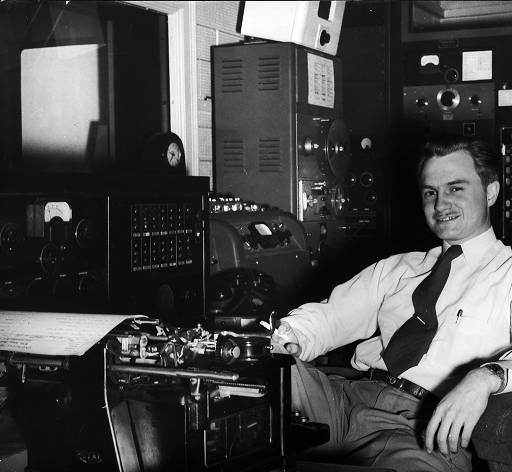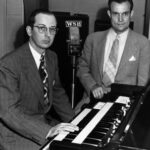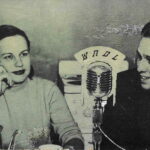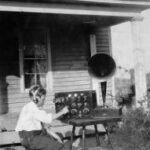1940s: The War Years

With the onset of American involvement in World War II, federal broadcasting policies restricted what radio stations could and could not broadcast. Equipment shortages limited the availability of some necessary items, especially transmitters and vacuum tubes. Station engineers were forced to make do with what they had and come up with creative solutions to their problems. As the war ended in 1945, Georgia saw a boom in the creation of new radio stations. Just two years later, the city of Rome had four stations, leading to the nickname “Radio City of the South.”
The postwar years were also a time of experimentation in radio. In 1947 WEAS (Decatur) became one of the first radio stations in the country to play “race music,” blues and jazz songs by African-American artists and performers, and WERD became the first Atlanta station to target an African-American audience in 1948. FM radio, which WSB first experimented with in 1944, became increasingly popular during the 1940s as Georgia got its first commercial FM station and first official public broadcasting station.



